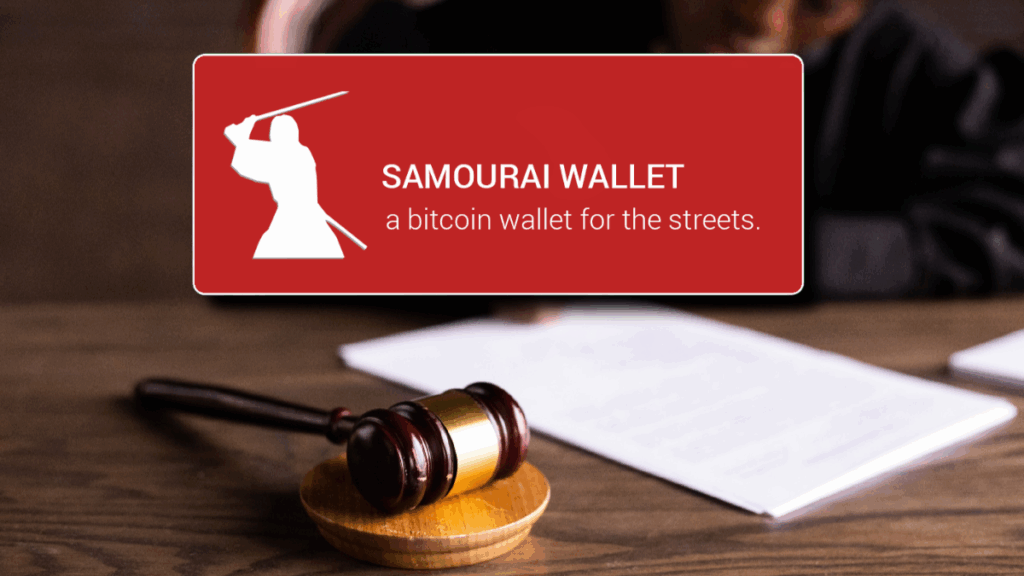TL;DR
- Keonne Rodriguez and William Lonergan Hill, the developers behind Samourai Wallet, pleaded guilty in New York to running an unlicensed money transmitter but avoided harsher money laundering charges.
- They must forfeit over $237 million and pay large fines before sentencing in November 2025.
- Their case raises questions about how far developers can go in creating privacy-focused crypto tools without facing severe legal consequences.
Samourai Wallet’s creators, Keonne Rodriguez and William Lonergan Hill, have formally admitted guilt to operating their Bitcoin privacy platform without the necessary licenses, steering clear of far more serious money laundering accusations that could have meant decades behind bars. The plea deal, confirmed this week in the Southern District of New York, ends a tense legal battle that has spotlighted the tug-of-war between privacy and regulation in the crypto world.
Both developers agreed to plead guilty to running an unregistered money transmitting business. This charge alone could carry up to five years in prison for each. Under the plea deal, they waived any right to appeal if the sentence stays within that limit. Alongside possible prison time, Rodriguez and Hill face steep financial penalties, including the forfeiture of $237 million linked to Samourai Wallet’s activities, plus fines of $250,000 and $400,000 respectively.
Privacy Or Crime? Industry Divided On Mixing Tools
Samourai Wallet gained popularity for helping Bitcoin users keep transactions private by blending them with others, masking the trail on a public blockchain. Privacy advocates defend such mixers as essential for protecting financial freedom in an era of digital surveillance. However, law enforcement sees them as tools that criminals can easily exploit to cover tracks and move stolen funds.
Prosecutors claimed that Samourai Wallet not only enabled anonymous transactions but was actively marketed as a laundering aid for criminals and sanction evaders. The FBI and the Department of Justice shut the platform down in 2024, seizing servers and arresting both founders. While the developers admitted knowing some funds came from criminal sources, they avoided the harsher laundering charge, which could have added up to 20 years in prison.

What The Verdict Means For Future Privacy Projects
This outcome could influence how prosecutors approach similar crypto privacy cases, including the closely watched Tornado Cash trial. US authorities have cracked down hard on mixers since banning Tornado Cash in 2022.
Meanwhile, privacy defenders warn that prosecuting open-source developers risks criminalizing code itself. Some see the Samourai case as a cautionary tale for developers building tools meant to give users more control over financial privacy.










